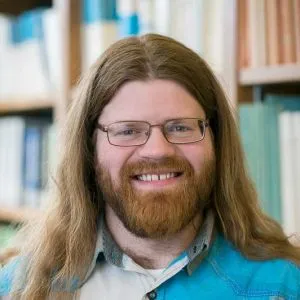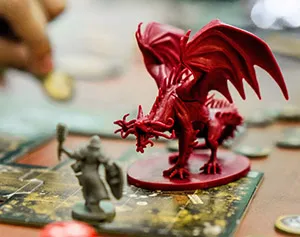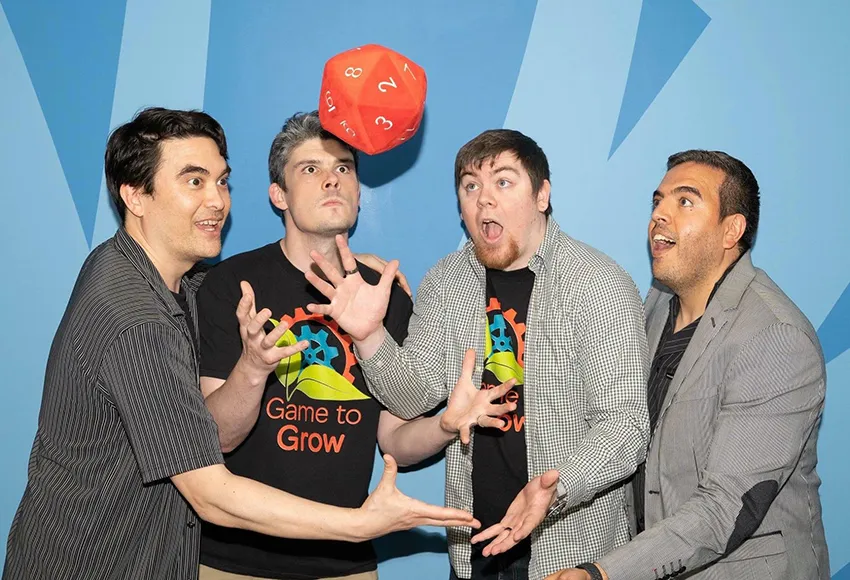It's a common refrain in the tabletop gaming community that Dungeons & Dragons isn't a substitute for therapy. It usually applies to those players who breach the social contract, or even just load their heaviest emotional baggage onto their characters without warning a playgroup in advance.
But most players would also deny the notion that D&D is a medium incapable of exploring identity and self. Given the freedom to be whoever we want, and to experiment in safety, we may discover things about ourselves that would otherwise lie dormant, unseen, or unquestioned in the humdrum of the everyday.
Game to Grow (GtG) has taken this idea of safe exploration through play and turned it into an international nonprofit that uses games – from Minecraft to D&D – for "therapeutic, educational, and community growth." It was founded in 2017 by Adam Johns and Adam Davis, who both have strong backgrounds in therapy. Having evolved from their Seattle-based Wheelhouse Workshop, it now works with around 150 youth and adults each week.
A large share of GtG's services is its youth programs, which can take the form of small playgroups led by a therapist, educator, or community leader trained in the therapeutic applied use of D&D. According to Groups Coordinator Michael More, that is what the organization is best known for.

I spoke with More over Zoom about GtG's work with Queer youth. A shelf of games, figurines, and other geek paraphernalia towered behind him. During our introductions, he said he and his husband of 15 years had moved to the Seattle area from British Columbia in 2018. More has been running games at GtG since then, and for the last year and a half, he has also worked full-time as the groups coordinator, guiding the organization in creating fun, welcoming spaces for its programs.
Queer youth, More said, were "forefront in our minds" when the organization started. "It wasn't until September of this past year... that we started doing explicitly Queer-focused and Queer-only programming, but it's been part of our conversation and our lexicon for a long time, since day one."
"When our education and training program started, about in 2019," More went on, "one of the models we tried to emphasize, when we teach mental health professionals and educators, is about incorporating a wide range of diversity in terms of gender and sexual identity, and also race and ethnicity, and language, and ability. So it's really baked into our bones here at Game to Grow." And that focus on diversity, More said, is reflected in both their staff and their participants.

Anyone familiar with D&D's past and current failures in diversity and inclusion might be skeptical of the game's use in this context. Even with the recent efforts by Wizards of the Coast to address the game's problems, they have decades of material to retcon (revise retroactively), and like many giants in an industry, they've also been slow to respond to changes in the landscape.
For these reasons and others, GtG doesn't use D&D fifth edition as is, opting instead for their own modified version called Critical Core. To help matters, players and facilitators usually work together to build the world in which their adventures will take place, rather than adhering to the established, official lore of Eberron or the Forgotten Realms. For any Queer players in a group, facilitators have the tools to make the experience "for" them.
As mentioned before, though, GtG's Queer-only group began only recently. In 2019, the organization worked with local research foundation Foundry 10 to evaluate its group programs with qualitative research. "We were trying to focus on BIPOC youth... [and] Queer youth," More said of the study. "And as we were going through this research cycle, it became clear that a Queer-focused group would be a really valuable area to explore."
Right now that group is in its third quarter, led by a Trans, Queer facilitator. More described it as one of the "shining gems" of the program, "because of the warmth and camaraderie I've seen of the participants."
More observed the group in its first weeks. "Having seen lots of other groups," he added, "I was really impressed [with their] making space for each other and asking questions," not just about the game but about each other. More said the participants were also remarkably supportive and patient in other players' moments of confusion or hesitation, even early on, when a group is typically more awkward.
As for the organization's future, Game to Grow is making plans to expand this year, More said, which will include efforts to form more Queer-focused groups, and train more facilitators in running games for Queer people.


